If you were captivated by the raw intensity and emotional depth of *This Sporting Life* (1963), you're in for a treat. This article explores 10 movies and shows that share its gritty realism, complex characters, and themes of ambition and struggle. Whether you're a fan of British kitchen-sink dramas or simply love powerful storytelling, these recommendations will keep you engaged.
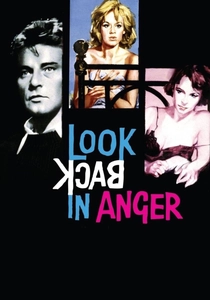
Look Back in Anger (1959)
Description: A raw and intense portrayal of post-war British society, focusing on the frustrations and disillusionment of the working class. The film's unflinching look at personal and societal struggles aligns with the emotional and thematic depth of similar works.
Fact: The film was adapted from John Osborne's groundbreaking play, which is often credited with sparking the 'Angry Young Men' movement in British literature and theater.
 Watch Now
Watch Now 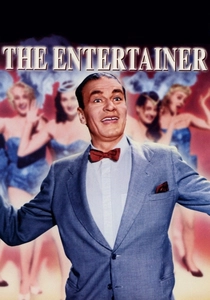
The Entertainer (1960)
Description: This film delves into the decline of a once-great music hall performer, reflecting on themes of failure, nostalgia, and the changing face of British culture. Its melancholic tone and focus on personal downfall resonate with the emotional complexity of similar stories.
Fact: Laurence Olivier reprised his stage role for the film, delivering a performance that is considered one of his finest in a non-Shakespearean role.
 Watch Now
Watch Now 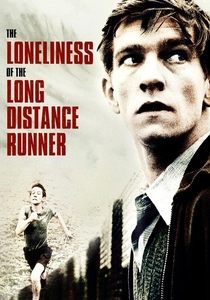
The Loneliness of the Long Distance Runner (1962)
Description: This film shares a gritty, working-class realism and explores themes of alienation and rebellion against societal constraints. The protagonist's internal struggle and defiance mirror the emotional depth and social critique found in similar narratives.
Fact: The film is based on a short story by Alan Sillitoe, who also wrote the screenplay. It was one of the key films of the British New Wave movement.
 Watch Now
Watch Now 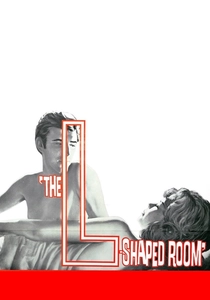
The L-Shaped Room (1962)
Description: A poignant exploration of loneliness and resilience, set in a rundown London boarding house. The film's intimate character study and social realism echo the depth and authenticity of comparable narratives.
Fact: The film was one of the first British movies to deal openly with topics like single motherhood and abortion, which were considered taboo at the time.
 Watch Now
Watch Now 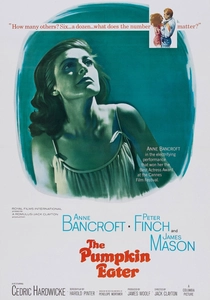
The Pumpkin Eater (1964)
Description: A deeply psychological drama that explores the complexities of marriage, motherhood, and personal identity. The film's intense character study and emotional rawness align with the thematic and stylistic elements of similar narratives.
Fact: The screenplay was written by Harold Pinter, known for his distinctive, minimalist dialogue and exploration of existential themes.
 Watch Now
Watch Now 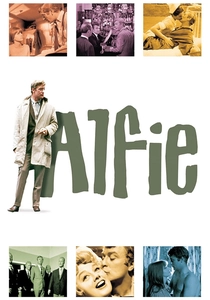
Alfie (1966)
Description: This film offers a candid look at the life of a charming but morally ambiguous womanizer, blending humor with darker, introspective moments. Its exploration of personal responsibility and emotional detachment aligns with the thematic richness of similar works.
Fact: The film's title character breaks the fourth wall, speaking directly to the audience, a technique that was quite innovative for its time.
 Watch Now
Watch Now 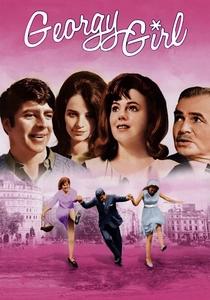
Georgy Girl (1966)
Description: A bittersweet comedy-drama that examines the life of an unconventional young woman navigating love and self-worth in 1960s London. Its blend of humor and pathos, along with its focus on personal growth, mirrors the emotional range of similar films.
Fact: The film's theme song, performed by The Seekers, became a major hit and is still widely recognized today.
 Watch Now
Watch Now 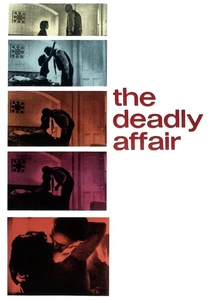
The Deadly Affair (1967)
Description: A gripping spy thriller that delves into themes of betrayal, loyalty, and moral ambiguity. While genre differs, its focus on personal and professional conflicts, along with its atmospheric tension, shares similarities with the emotional and thematic depth of comparable films.
Fact: The film was based on a John le Carré novel, though the title was changed due to rights issues with the original name, 'Call for the Dead.'
 Watch Now
Watch Now 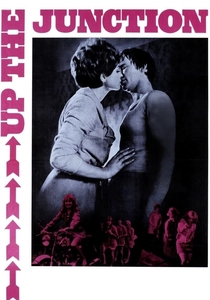
Up the Junction (1968)
Description: A stark portrayal of working-class life in London, focusing on the struggles and dreams of young women. The film's raw realism and social commentary align with the gritty, unfiltered storytelling of comparable narratives.
Fact: The film was based on a book by Nell Dunn, who drew from her own experiences living in Battersea to write the story.
 Watch Now
Watch Now 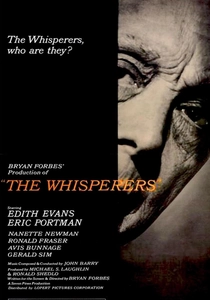
The Whisperers (1967)
Description: A haunting depiction of an elderly woman's descent into poverty and isolation, offering a profound meditation on loneliness and neglect. The film's emotional depth and social critique resonate with the themes of similar works.
Fact: Edith Evans received an Academy Award nomination for her performance, which is often cited as one of the greatest in British cinema.
 Watch Now
Watch Now 








